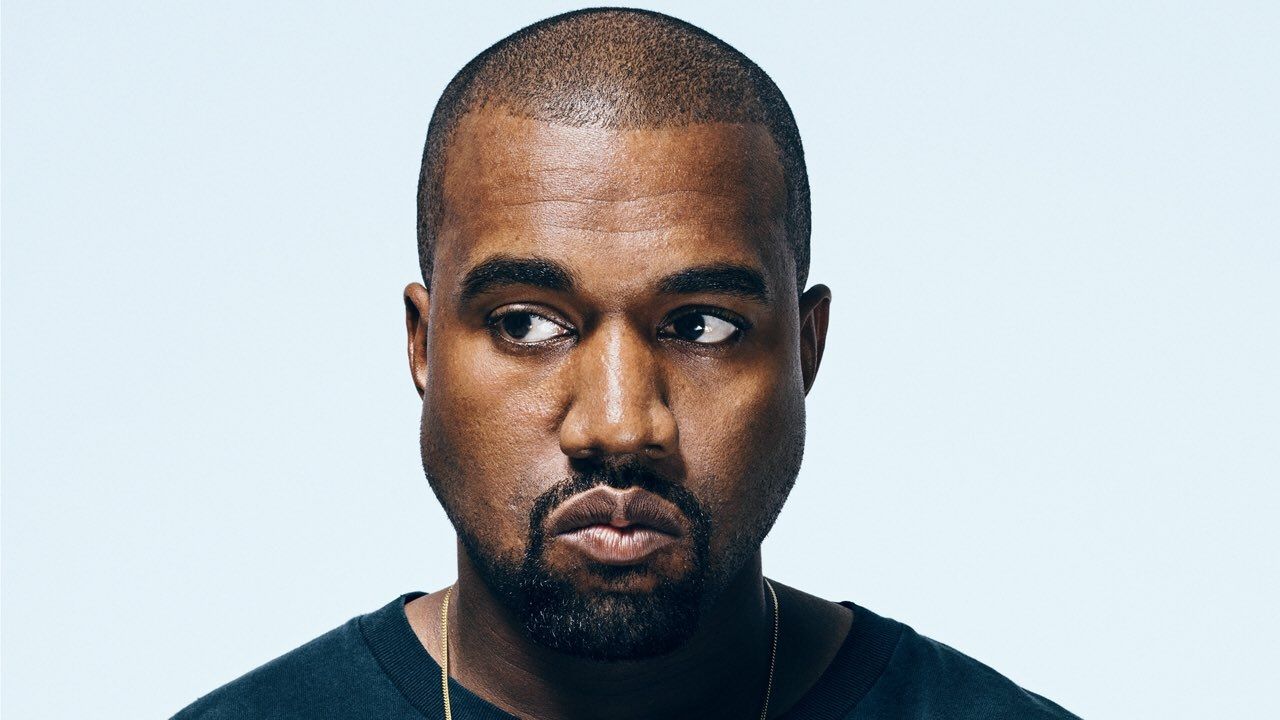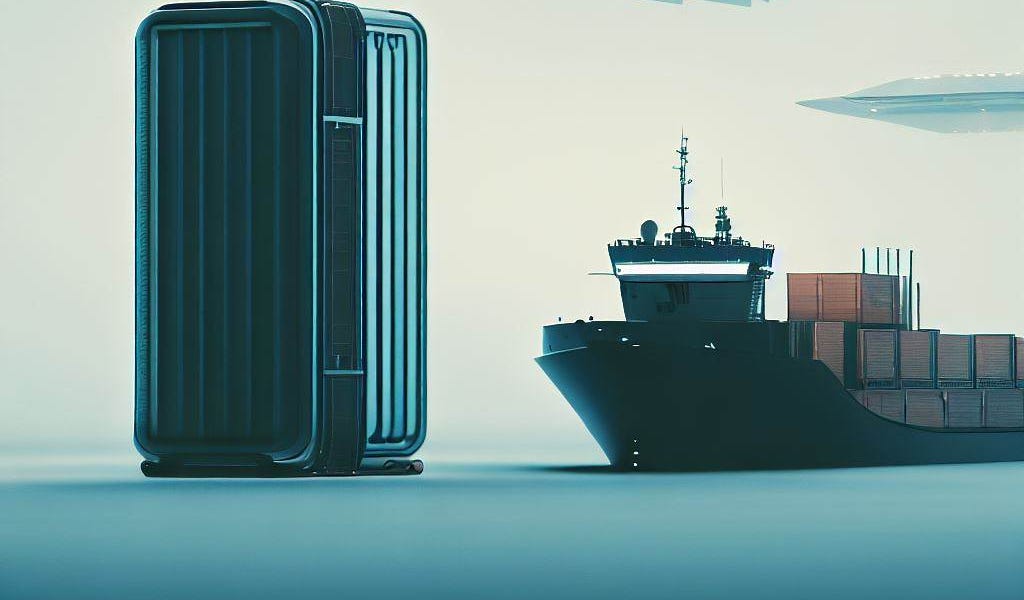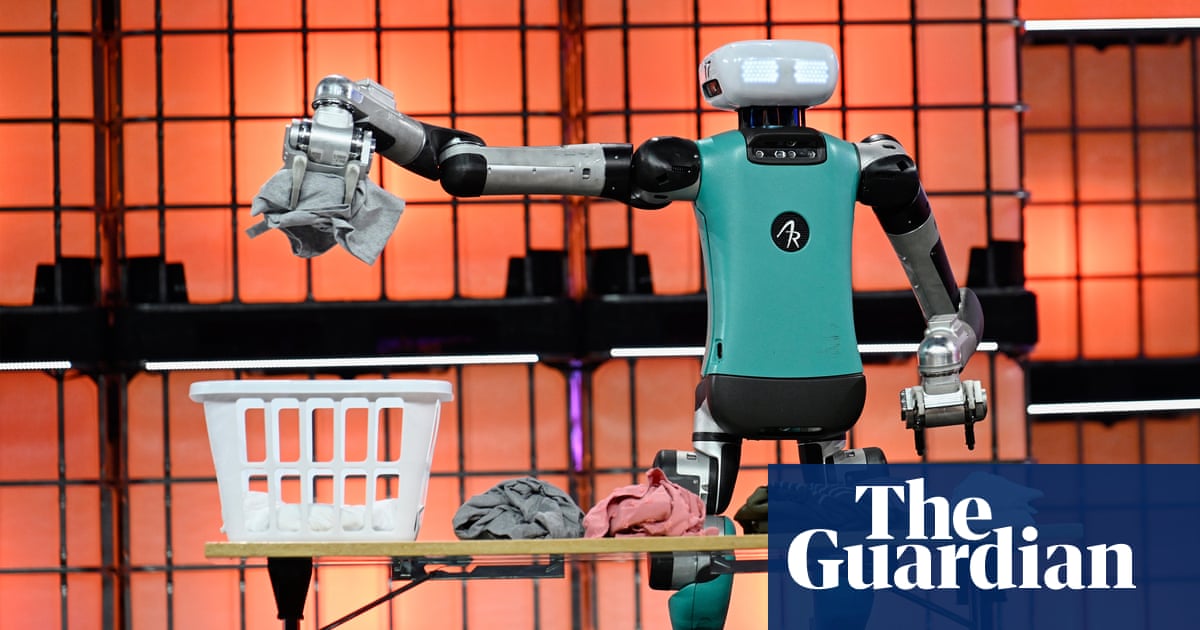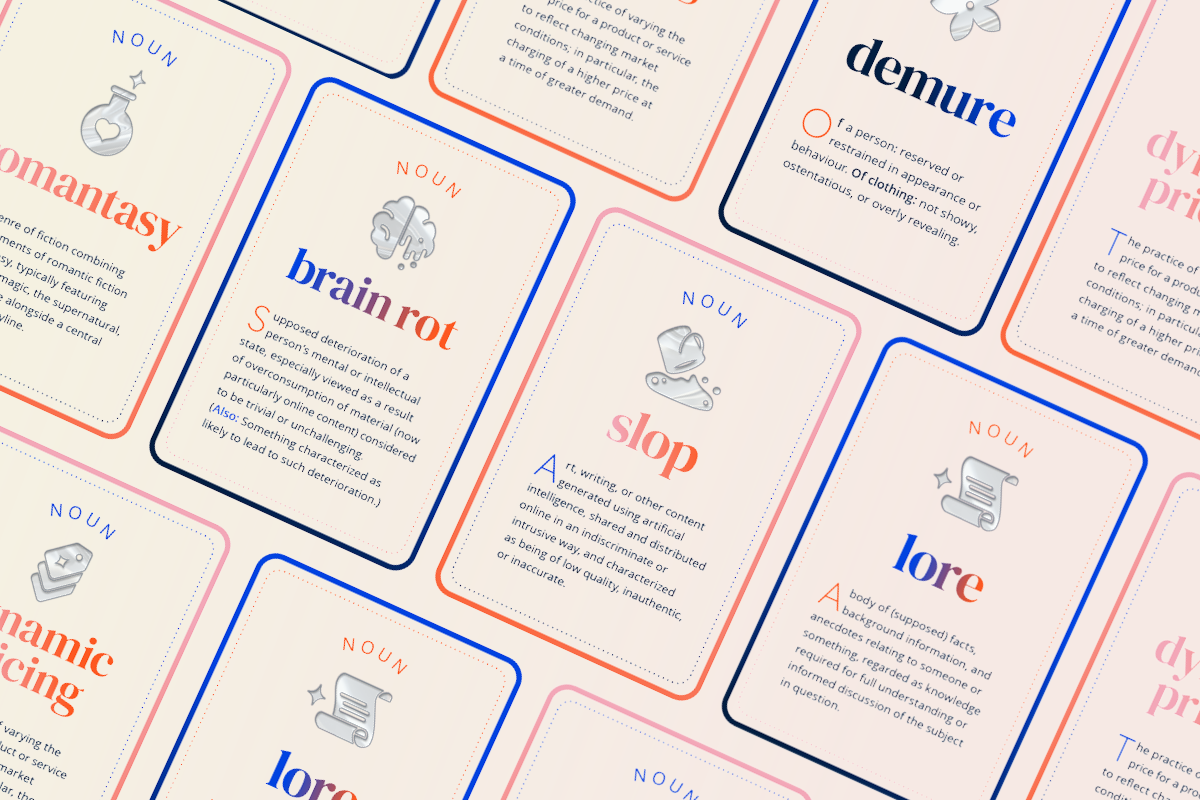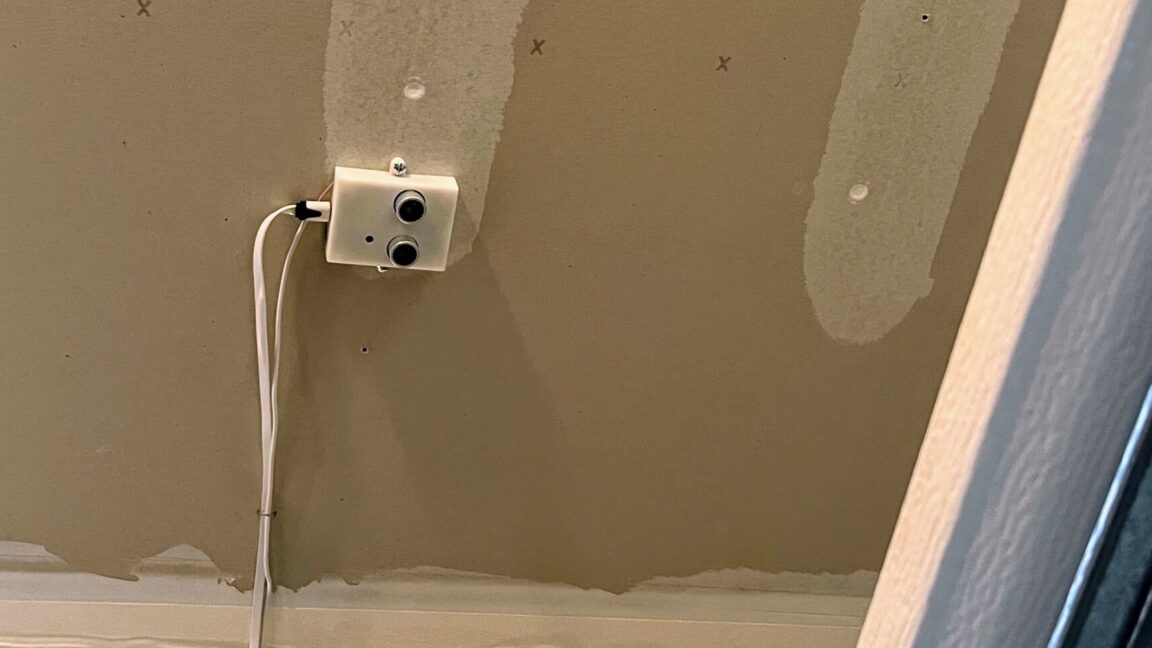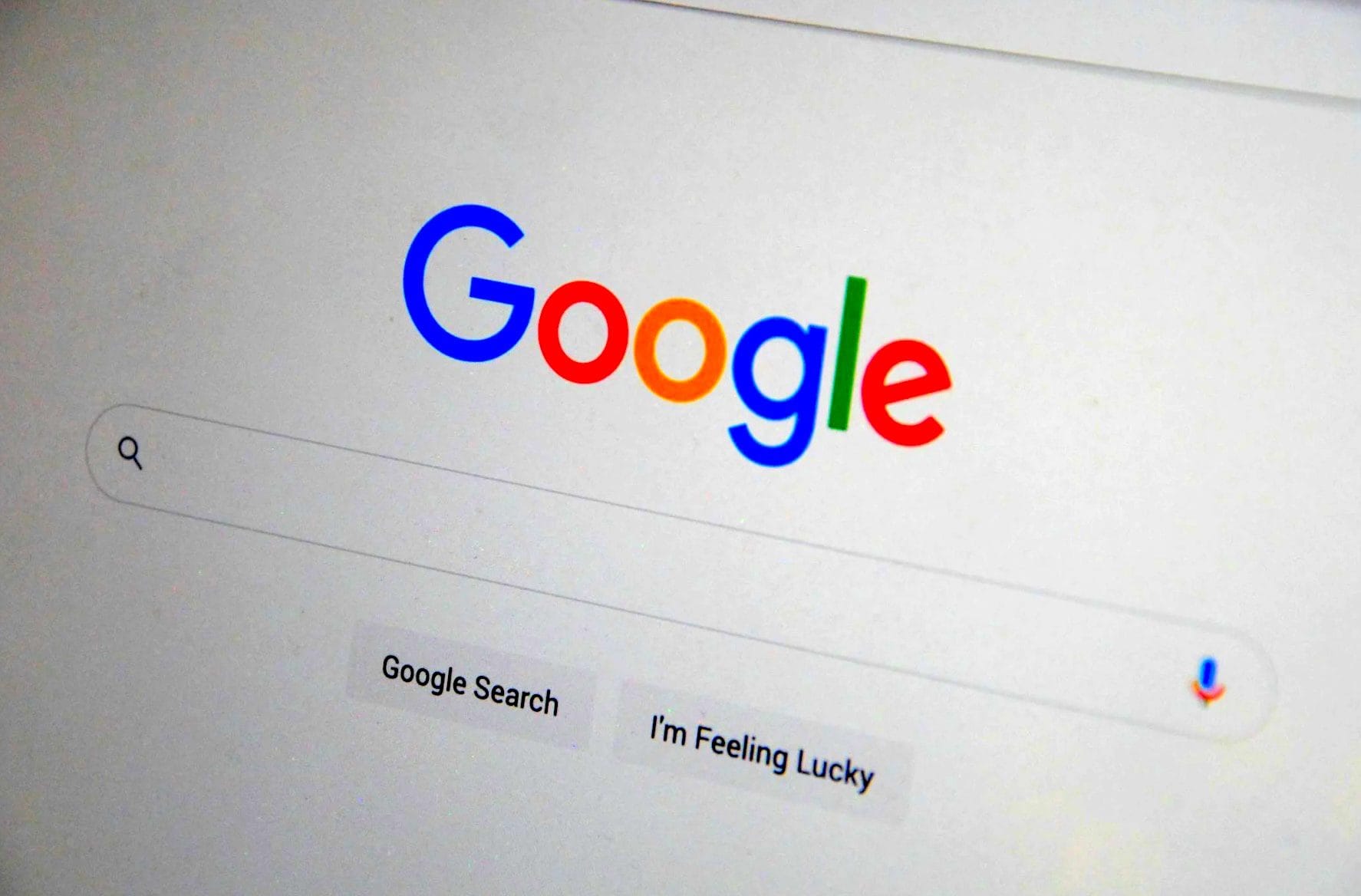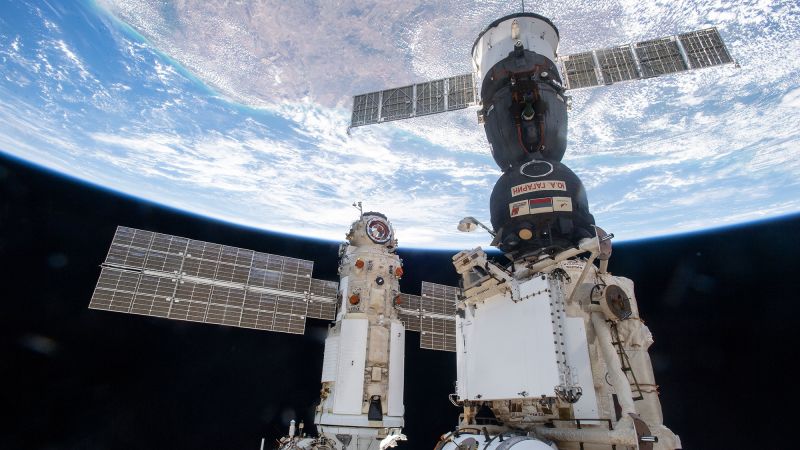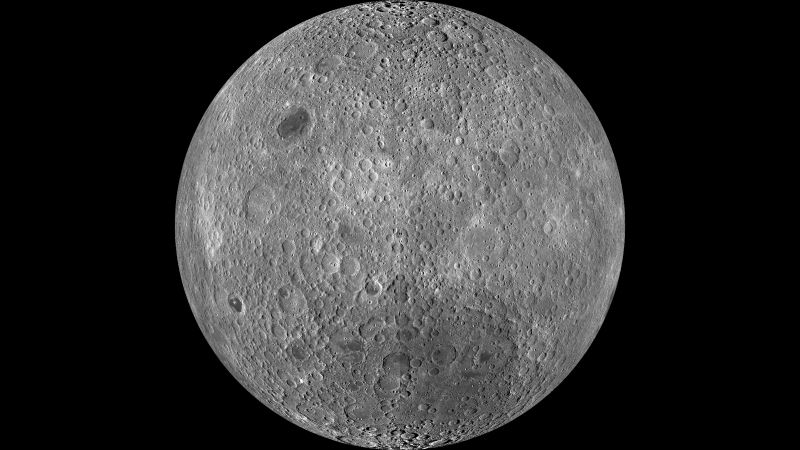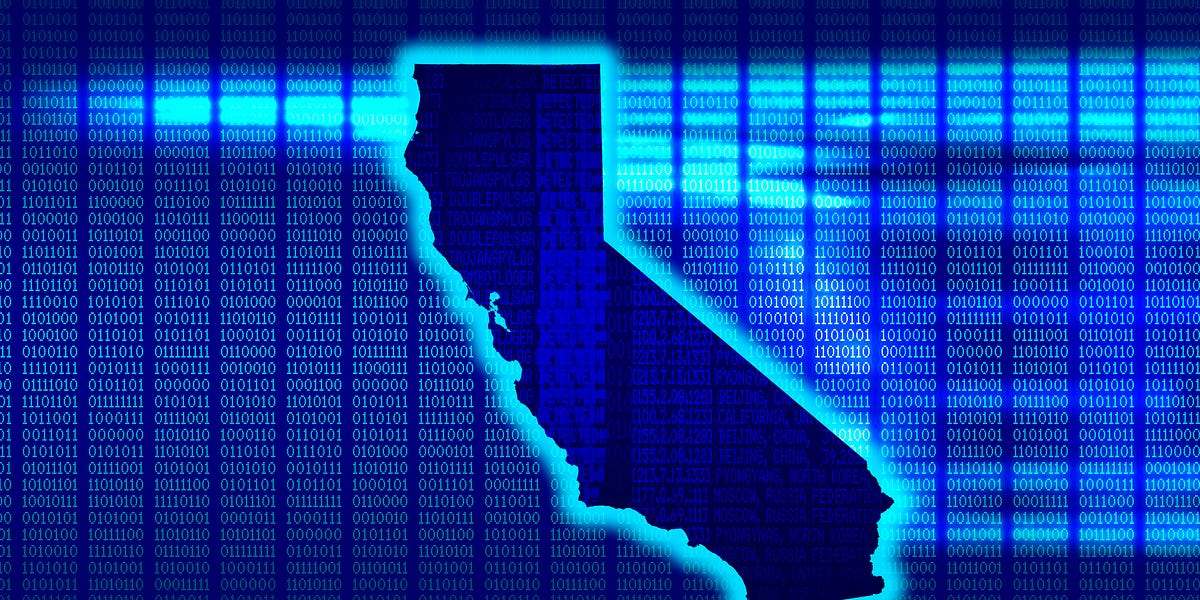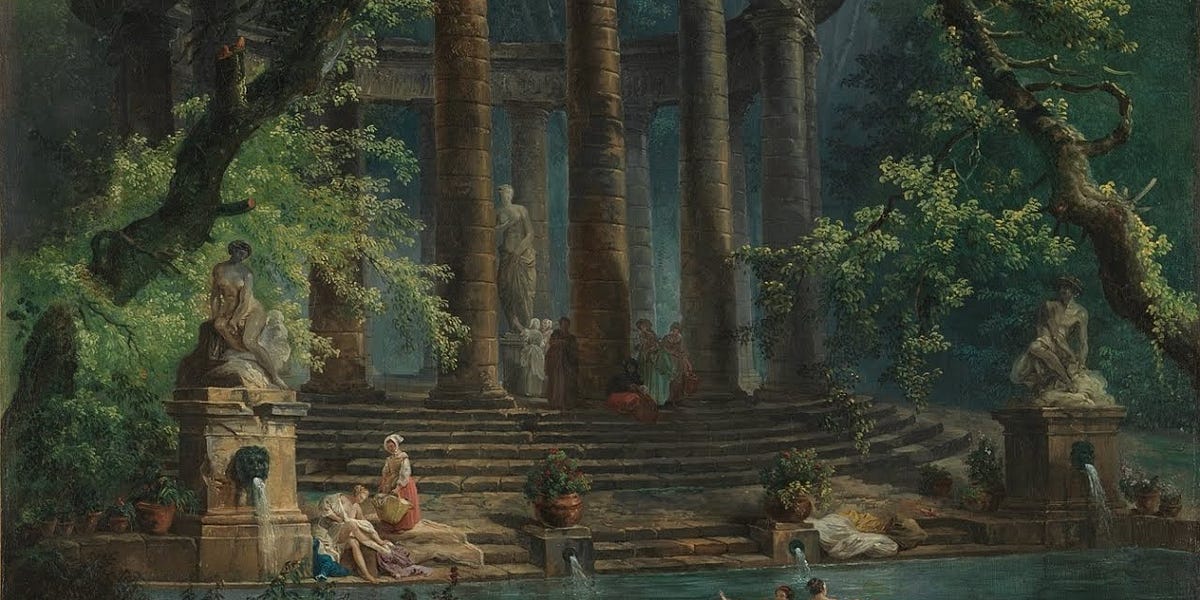
Metal Straws, Republican Hippies, and Death Cycles
In the early 2000s, a distinct cultural current could be felt coursing through the progressive zeitgeist - a sense of earnest optimism and a collective vision of a greener, more inclusive tomorrow. I view much of the popular art from that time as a reflection of this optimism: I think of (what I now view as) overly saccharine and indulgent films like "Garden State" - which meant to capture the Millennial generation's longing for authenticity and community - or artists like Regina Spektor and Death Cab For Cutie, crooning us into a sense of melancholic but driving sincerity. There was a palpable belief that we were on the cusp of a utopian age, one defined by environmentalism, social progress, and a kinder, gentler world.
But while Millennials dreamed of farmer's markets and sustainable communes, corporate America was busy co-opting our aesthetic aspirations. Whole Foods transformed the counter-cultural dream of organic living into a luxury brand. Urban farming became an Instagram aesthetic rather than a true revolution in food systems. The "green movement" was reduced to metal straws and canvas tote bags while corporations continued their devastating environmental practices behind a veneer of environmentally conscious marketing.
This optimism also bred a peculiar kind of “active” passivity. The belief that sweeping change would come through individual consumer choices and lifestyle adjustments - buying the right products, recycling diligently, carrying reusable water bottles - created a generation that initially confused personal virtue with broad systemic change. We thought we could speak or buy our way to a better world, one fair-trade coffee at a time.






